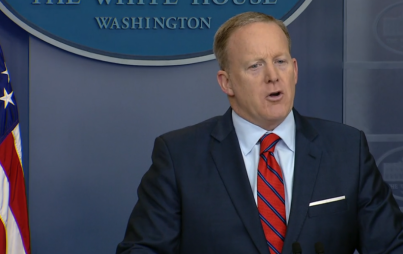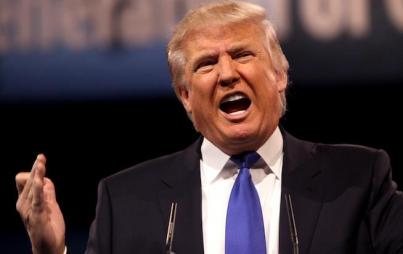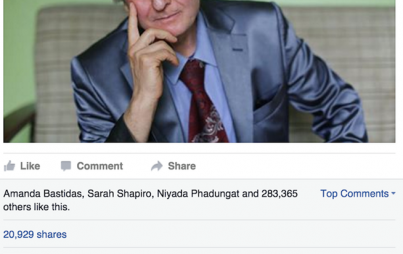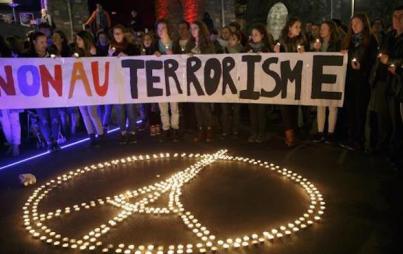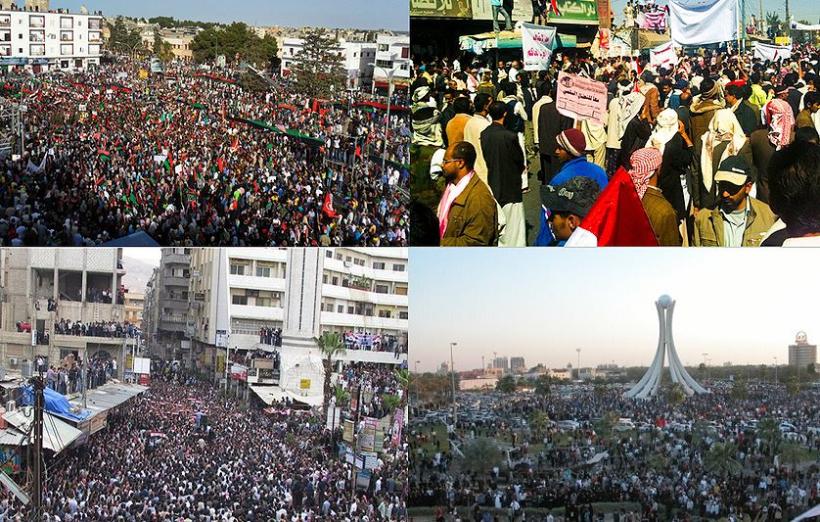
Quibbles over the name—whether a Spring, a Winter, or an Awakening—aside, the Arab uprisings were spectacular to behold. Unexpected and all-encompassing, watching them spread—witnessing those rising up and clinging to the hope that they could build something better, and that anything could, in fact, be better than the unceasing hopelessness and corruption of their existences—was nothing if not awe-inspiring. 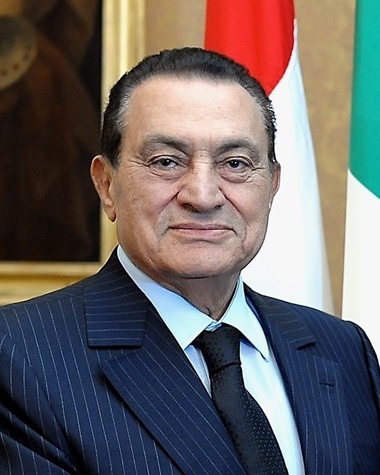
But three years out, all of the unbridled hope, energy, excitement, courage and tantalizing possibility for real, fundamental change has almost completely dissipated. This weekend, as Syria’s bloody, sprawling civil war rages on, ISIS continues its horrifying rampage through Iraq and Syria, and Libya’s deadly in-fighting and instability continues, an Egyptian court cleared all charges against deposed Egyptian strongman Hosni Mubarak.
With this clearing of charges against him for corruption and the death of nearly 900 protestors, the final death knell might have fallen—the nail in the coffin in a would-be regional revolution pounded, deafeningly, in.
The Promise Of An Uprising
It had all, of course, begun in Tunisia. On December 17, 2010, a Tunisian fruit vendor, Mohamed Bouazizi, had his goods confiscated by a municipal inspector. Poor, without a glimmer of hope, desperate, crushed under the weight of life’s economic and political hardships, he doused himself with gasoline and lit himself on fire.
That fire, which ultimately took Bouazizi’s life on January 4, 2011, spread throughout the Middle East in ways no one predicted. Suddenly all swathes of humanity—from the beaten down and long-unemployed to the human rights activists, students, labor unionists and Islamists—were joining together, rising up against a corrupt system whose police had brutalized them, whose regimes had silenced and controlled them, whose economies had left them hungry and without any expectation that their lives would improve.
The civil unrest, sparked by Bouazizi’s bleak act of desolation, ousted Tunisian president Ben Ali first. Having ruled since 1987, his undignified fleeing to Saudi Arabia on January 14 worked as an invigorating kerosene for neighboring populations.
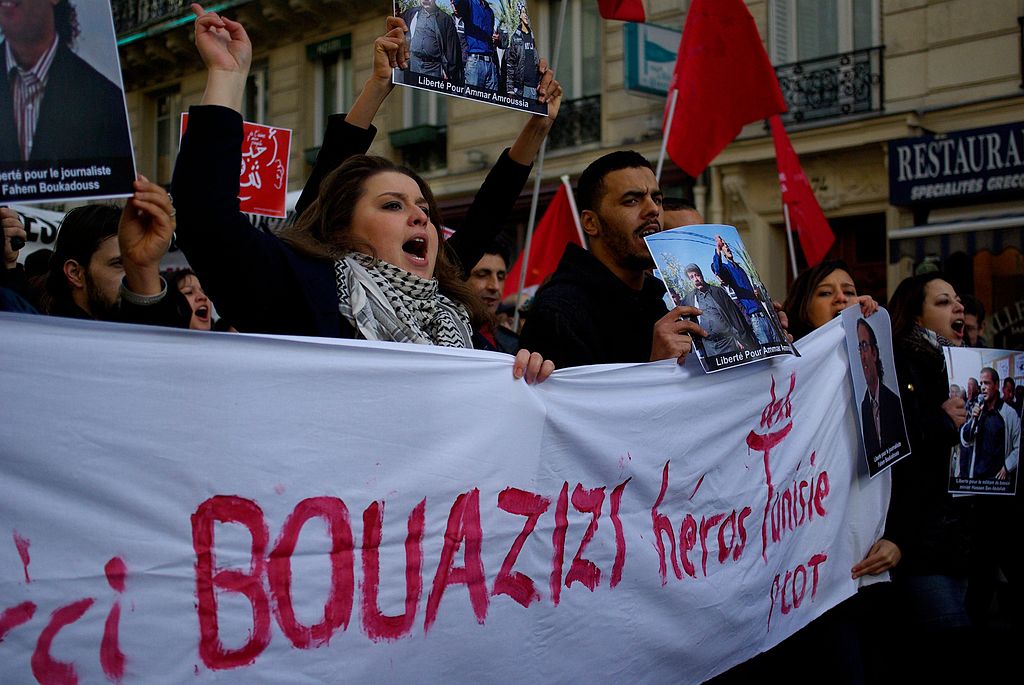
Ben Ali’s departure, to be sure, was a landmark event. But it was Egyptian president Hosni Mubarak’s longstanding reign that no one suspected would falter. Egypt, in many ways the cultural and political beating heart of the Arab world, had known only Mubarak’s tight-fisted rule for 29 years.
And yet Egyptians took to the streets. Night after bloody night, the crowd in Tahrir Square grew. Despite tear gas, water cannons and deadly police forces, the January 25 Revolution protestors occupied the streets. Their unshakeable belief in something more, an unbending fight for rights, for freedom, for long-overdue justice, seemed to ultimately triumph. Mubarak stepped down on February 11.
But the will of the people—846 of whom died in the protests—is not enough for a revolution.
A Revolution Unrealized
Since Mubarak’s resignation, Egypt’s seen one tumultuous governmental shift after another—without any real change. The longstanding architecture of the regime has remained intact, one head of the hydra cut off, and its newest and current head, former military general Abdel Fattah Sisi, just as brutal and tightfisted as the first.
An estimated 40,000 people have been arrested since June of last year. Journalists remain in Egyptian prison, locked up for doing their jobs. The economy struggles. Freedom of expression is essentially nonexistent.
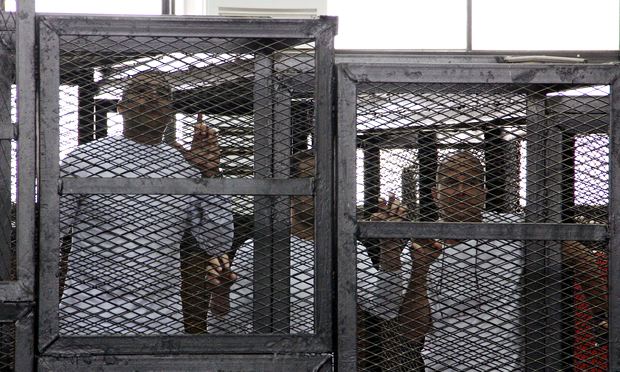
And on top of it all, Egypt’s former president, his 30 years of corrupt rule, and the deaths of the 846 who died at the hands of his police forces, will not see justice. Having been indicted and imprisoned for these deaths, a judge announced on Saturday that all charges against the former president were being dismissed on a technicality. He is likely soon to go free.
Said Wael Eskander, a prominent blogger and researcher:
“This is what happens when a regime tries itself—it acquits itself. The verdict [had] to absolve Mubarak because everyone in the current regime is implicated.”
The Arab Spring was spellbinding, to be sure, but in the words of prominent Egyptian blogger The Big Pharaoh: “Nothing has changed.”
— The Big Pharaoh (@TheBigPharaoh) November 29, 2014
Images: Wikimedia Commons

